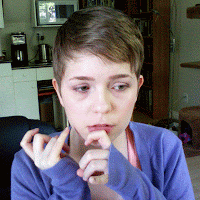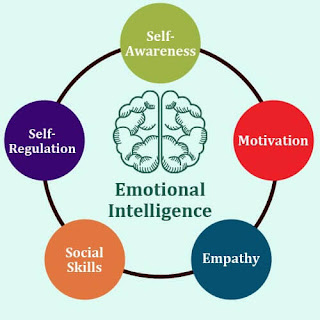Dreaded Shopping Trips with Your ASD Child

"Shopping is an absolute nightmare with my son (high functioning autistic). Any tips would be greatly appreciated!" Shopping with any child can be extremely hectic and more than just a little bit difficult at times. Shopping places are filled with attention-grabbing advertisements that stimulate kids - even without the challenge of ASD level 1, or High-Functioning Autism. The last thing you want is to need to overpower a screaming youngster while trying to shop. Here are some simple tips: If possible, shop during the off hours (calmer hours), and make your behavioral expectations clear to your child before entering the store. Know exactly what you want by keeping a list -- and know where you are going while inside the store. If your son has a favorite distracting toy or gadget, try to bring it along with you. If not, you may find an inexpensive item that he is attracted to that you could buy to distract him during the shopping experience. Don’t be afraid to have



